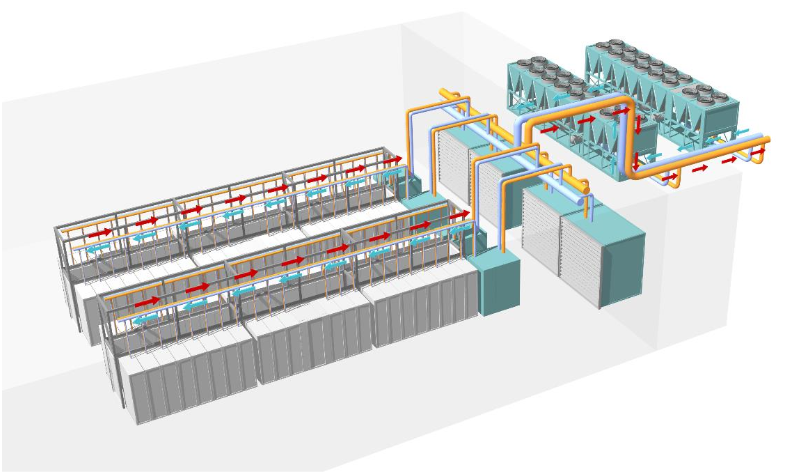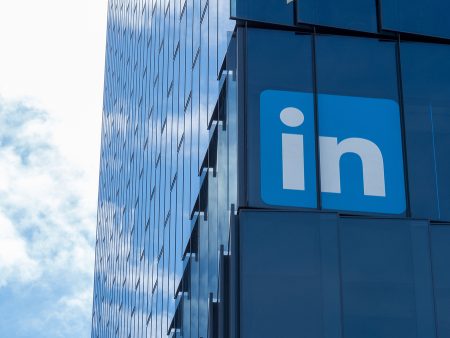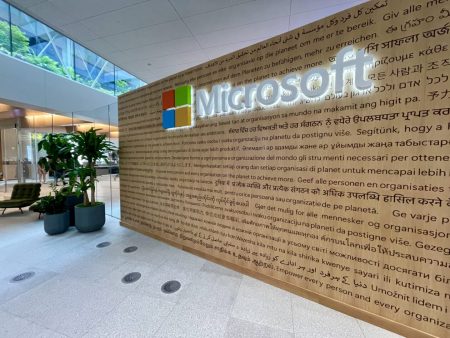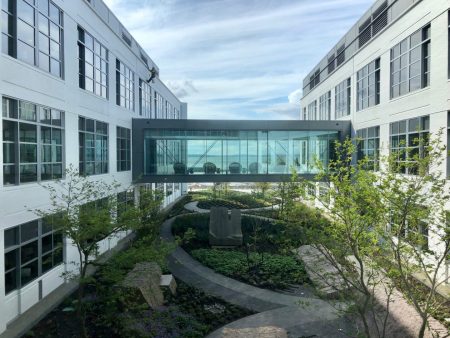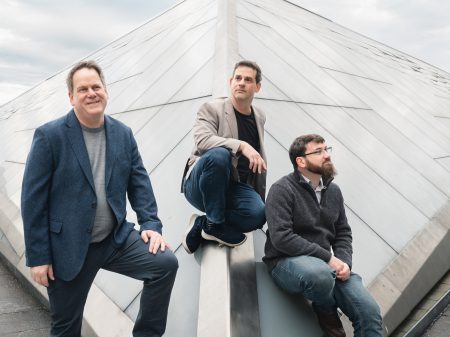Microsoft is revolutionizing data center cooling with a closed-loop system designed to eliminate water evaporation, a significant step towards achieving its ambitious sustainability goals. Traditional data center cooling methods consume vast quantities of water, a resource increasingly under pressure due to climate change and growing global demand. Microsoft’s new approach addresses this challenge by recirculating water within a sealed system, preventing loss through evaporation. This innovative technology marks a departure from conventional methods that rely on evaporative cooling, which, while effective, contributes to substantial water consumption. The closed-loop system circulates water through the data center, absorbing heat generated by the servers and other equipment. This heated water is then passed through chillers to dissipate the heat before being recirculated back through the system, creating a continuous, self-contained cooling cycle.
The implementation of this zero-water evaporation technology reflects Microsoft’s commitment to minimizing its environmental footprint. The company’s data centers, numbering over 300 globally and expanding rapidly to meet the growing demands of artificial intelligence and cloud computing, have historically been significant consumers of water. In the last fiscal year, each Microsoft data center consumed an estimated 33 million gallons of water, a figure the company has been actively working to reduce. Through various initiatives, including optimizing operating temperatures and utilizing reclaimed water, Microsoft has achieved a 39% reduction in water usage since 2021. The closed-loop cooling system represents a significant leap forward in these efforts, promising to virtually eliminate water consumption for cooling purposes in new data center constructions.
The first deployments of this groundbreaking technology are slated for new data centers in Phoenix, Arizona, and Mt. Pleasant, Wisconsin. These locations were strategically chosen in part due to community concerns regarding water usage, particularly in arid regions like Arizona. The selection underscores Microsoft’s responsiveness to local anxieties and its dedication to sustainable practices. The company’s Datacenter Community Pledge, released in June, further solidifies its commitment to environmentally responsible operations. The pledge outlines ambitious goals to achieve carbon negativity, water positivity, and zero waste by 2030, demonstrating a comprehensive approach to sustainability.
While the closed-loop cooling system offers significant water savings, it does come with a slight increase in energy consumption. This trade-off, however, is considered “nominal” by Steve Solomon, Microsoft’s vice president of datacenter infrastructure engineering. Furthermore, Microsoft’s dedication to renewable energy significantly mitigates the environmental impact of this increased energy demand. The company has pledged to purchase 100% renewable energy to match its global power usage by next year, a crucial step towards decarbonizing its operations. However, recognizing the intermittent nature of renewable energy sources, Microsoft has further committed to using clean energy 24/7 by 2030, an ambitious goal shared by industry peers like Google.
Achieving round-the-clock clean energy for data centers presents a significant challenge, requiring innovative solutions and partnerships. Microsoft is actively exploring diverse avenues to secure reliable clean energy sources, including collaborations with emerging technologies like nuclear fusion. The company’s agreement with Helion Energy, a fusion power company, exemplifies this forward-thinking approach, aiming to procure electricity from a future fusion reactor. Additionally, Microsoft is involved in initiatives to revitalize existing nuclear power infrastructure, such as a project to restart a reactor at Pennsylvania’s Three Mile Island. These efforts reflect a multifaceted strategy to diversify clean energy sources and ensure the long-term sustainability of its operations.
In summary, Microsoft’s closed-loop cooling system for data centers represents a pivotal advancement in sustainable computing. By eliminating water evaporation, the technology addresses a critical resource challenge while supporting the company’s ambitious environmental goals. Coupled with its commitment to renewable energy and exploration of innovative clean energy sources, Microsoft is paving the way for a future of data centers that are both powerful and environmentally responsible. This innovative approach not only benefits the company but also serves as a model for the industry, demonstrating the potential for technological innovation to drive sustainability and address critical global challenges. The company’s comprehensive strategy, encompassing water conservation, renewable energy, and waste reduction, positions it as a leader in the pursuit of environmentally sound data center operations.




